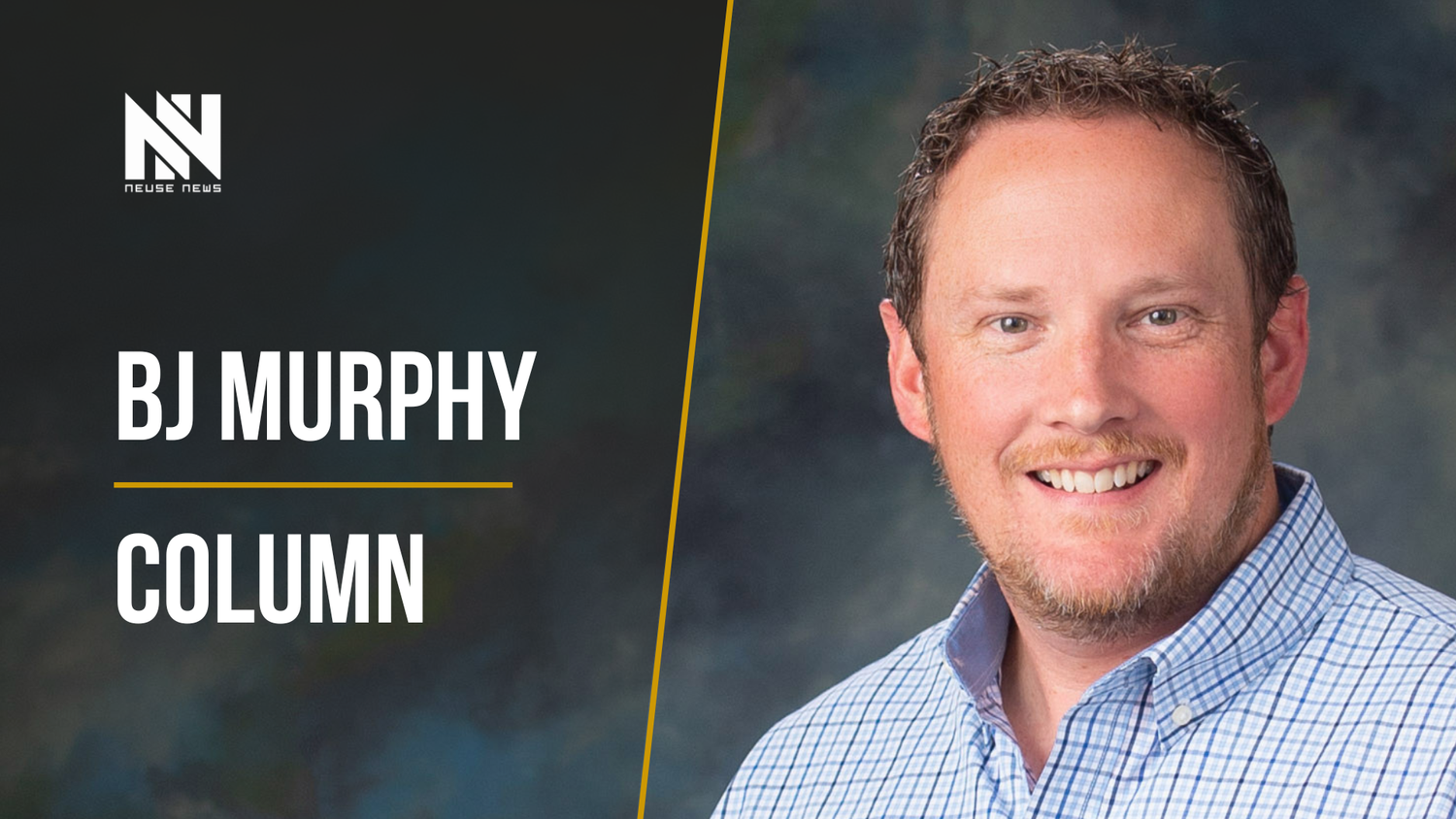BJ Murphy: The Real Crisis in Kinston Isn’t Politics, It’s Participation
As my family prepares to move just outside of La Grange, I realize this election season marks the last time we’ll vote in a City of Kinston mayoral race. That simple fact carries some weight. For me, it’s more than a change of address. It’s a moment to pause and reflect on what’s happening to the city I still love.
Here’s some real talk.
Over the past 25 years, Kinston’s population has declined, and our voter turnout has dropped even faster. Since 1997, the number of votes cast in mayoral elections has fallen by 31%, and overall turnout has fallen by 38%.
Those numbers tell a clear story: the City of Kinston is losing the active voter. Even as our voter rolls have grown, thanks to easier registration processes and automatic updates through the DMV, the percentage of people actually showing up to vote keeps falling.
What makes this even more concerning is that Kinston’s eligible voter base has held steady while the city’s population has shrunk by about one-fourth between 1990 and 2020. That means more people are registered, yet fewer are participating.
Voters are disengaged.
And it’s not just the political side of our community that’s threatened, our civic engagement has floundered at best.
Many of the people leaving Kinston are likely those who once showed up, people who owned homes, ran businesses, or volunteered in civic life. Renting is a fine and often necessary option for many, but the data is clear: communities with higher homeownership tend to have greater voter participation. When people put down roots, they invest more deeply in their community’s future.
These numbers are also why I believe it’s time for North Carolina lawmakers to merge municipal elections into even years. Yes, it might mean keeping current officeholders an extra year, but the tradeoff is worth it. Doubling or even tripling voter turnout would breathe new life into our local democracy.
And spare me the local elections would “get caught up in national political conversations” objection. I would rather err on the side of more people voting than assume voters can’t tell the difference between a war in the Middle East and a debate about street repaving funding.
Pointing out flaws is easy. Electing leaders who can fix them takes discernment.
The City of Kinston has a clear choice this year: continue with the same policies or take a chance on a new administration. No matter where you stand, if you do not vote, you acquiesce your rights.
And if you don’t care what happens, well then bless your heart.
Kinston’s problems are worth fixing. She’s worthy of leaders who roll up their sleeves. She needs you to use your voice, even if it’s the last time you get to do it.
We did.



